
OR
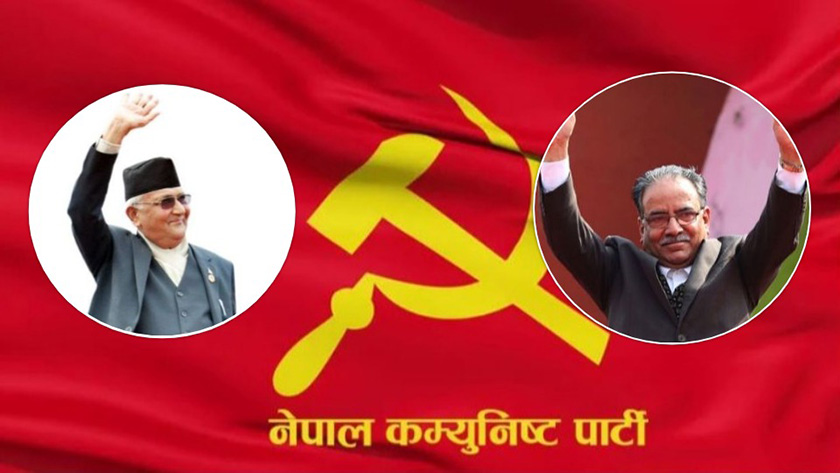
NCP should learn bitter lessons from the past, keep its house in order and focus on ending corruption and ensuring good governance.
Expectations management.
This is the term that came to my mind when I sat down to write this piece about the brewing crisis in the ruling Nepal Communist Party (NCP) of Nepal that seems to be pushing the party towards a split, about two years after the marriage of convenience between the CPN-UML and the Pushpa Kamal Dahal 'Prachanda'-led Maoist party.
Looking back, the tell-tale signs of an imminent split were all there in a party full of senior leaders. Prachanda, who shared the party presidency with all-powerful Prime Minister of a two-third majority government, KP Sharma Oli, was not happy on having to land at the second place in the party hierarchy. Equally unhappy were senior leaders Jhala Nath Khanal, Madhav Kumar Nepal and Bamdev Gautam, mere shadows of what they used to be during their heydays. Their role seemed to be to watch helplessly as Oli called all the shots.
But failure to manage expectations may not have been the sole reason that has landed the party to this pass.
It has become public knowledge that the dear neighbour was not happy with the goings on in Nepal. The Oli government's move of including the Lipulek-Limpiadhura-Kalapani region into the political map of Nepal and the sovereign parliament's endorsement of it was not going well down south.
Right after this move, hawkish retired generals and equally hawkish wonks had, on TV shows, demanded that the Indian state use what they called its 'assets' in Nepal, including the main opposition, to topple the popularly elected government accusing it of a pro-China tilt. Such remarks made a mockery of our democracy and tarnished the image of the parties concerned. Surprisingly, though, the parties referred to as the 'Indian assets' in Nepal did not bother to come clean, they didn't feel the need to clarify to the electorate that the serious charges levelled against them were baseless. If they still want the Indian asset tag to stay, so be it.
Another irritant must have been the Citizenship Amendment Bill provisioning that foreign women (including Indian women) married to Nepali men should wait for seven years to get naturalised citizenship. This provision is more or less similar to the seven-year cooling off period that the Indian Constitution has when it comes to applying for naturalised citizenship in a similar context.
Speaking at a recent program, the Prime Minister of the country accused the dear neighbour of conspiring to topple his government. He charged the neighbour with hosting meetings to topple this government and these charges need to be taken with all seriousness they deserve, especially in view of the fact that the neighbour in question stands accused of micromanaging affairs in Nepal and conspiring against regimes/governments that have not bothered to make room for its overarching ambitions in Nepal.
Not the hyperpower alone, this so-called pro-China government may also have ended up offending the superpower somehow.
If remarks coming from some senior leaders of the ruling party are any guide, it appeared quite clear that the $500 million Millennium Challenge Corporation Compact will not pass the House muster. The parliamentary process vis-a-vis the compact is one thing, but the leaders' act of playing to the gallery about the compact may not have gone well with the superpower. Uncertainty regarding the fate of the compact, which may be a counter to China's Belt and Road Initiative (BRI), must have made the superpower jittery.
At a time when the KP Oli-led two-thirds majority government is in a difficult situation, it would be worthwhile to revisit the 1990s.
After the popular movement of the 90s that put an end to the Panchayat regime and the autocratic monarchy by establishing a multiparty democratic polity with constitutional monarchy, the Nepali Congress came to power through general elections. Against popular expectations, the two-third majority government of Girija Prasad Koirala proved to be a wrecking ball for the newly-established democratic order. In a very short span of time, it became quite unpopular as corruption thrived, malgovernance thrived and scams like Dhamjia scam and Lauda Air scam started hogging the headlines. Because of prevailing chaos, it had to call mid-term elections in which it got a humiliating defeat. Successive governments formed after that were no different. They were synonyms for the lack of rule of law, corruption, nepotism and malgovernance. Failure on the part of these governments to deliver good governance and control corruption gave rise to mass resentment against the political order and made way for a prolonged period of political instability, a period in which the Maoist insurgency started and spread like a wildfire, leading to the death of around 18,000 people and destruction of properties on an unprecedented scale.
Of course, foreign hands were all over, but who do you blame when you fail to keep your house in order?
Perhaps, the party on the verge of a split can learn bitter lessons from the past, keep its house in order and focus on ending corruption, cutting spiralling budget that goes towards the upkeep of the high and the mighty and ensuring good governance at a time when the global coronavirus pandemic is shaking the very foundations of global and national economies, at a time when millions of youths are returning home from abroad to face an uncertain future.
Failure to do so may lead to another prolonged period of political instability.
You May Like This
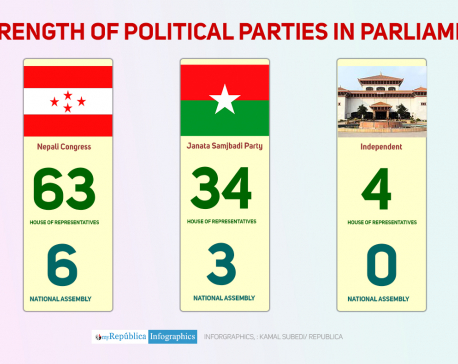
Numerical strength of parties in parliament and likely coalition govts if NCP splits
KATHMANDU, July 4: The government’s decision to prorogue the house session has sparked a fresh debate - whether Prime Minister KP... Read More...
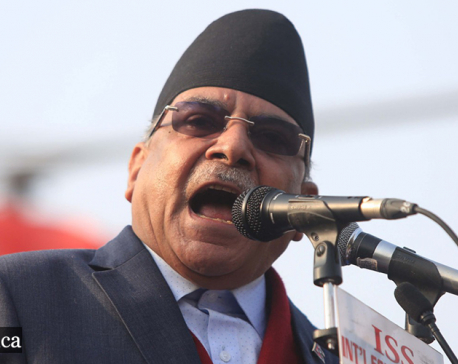
KP Oli thinks he is a king: Dahal
KATHMANDU, Feb 27: Chairman of the Dahal-Nepal faction of the Nepal Communist Party (NCP), Pushpa Kamal Dahal has said that... Read More...
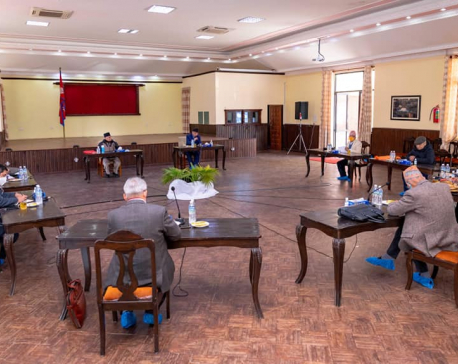
NCP Secretariat concludes, next meeting taking place on Dec 1
KATHMANDU, Nov 28: The Secretariat meeting of the ruling Nepal Communist Party (NCP) has concluded. ... Read More...


Just In
- Gold price increases by Rs 1,400 today
- Kathmandu continues to top the chart of world’s most polluted city
- JSP Central Executive Committee meeting today
- Ambassador Adhikari presents his letter of credentials to Turkish President Erdoğan
- Bajhang by-election: Construction of Taklakot Road is common election agenda of candidates
- Meeting of Finance Committee being held today to discuss 2025/25 budget
- Stakeholders call for transparency as Beijing pushes for early implementation of BRI projects in Nepal
- Special Court orders judicial custody for Sunil Paudel over illegal wealth acquisition charges











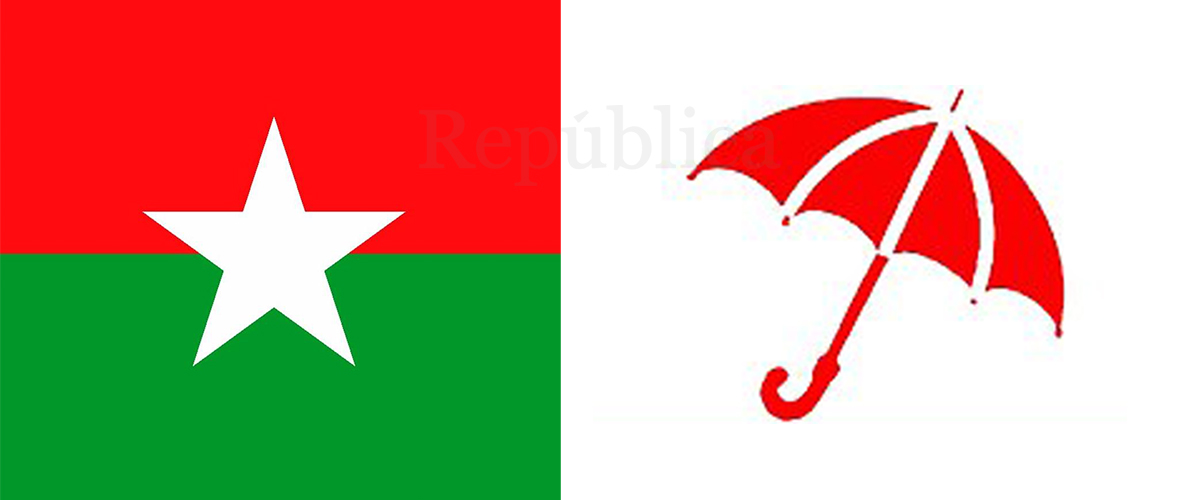
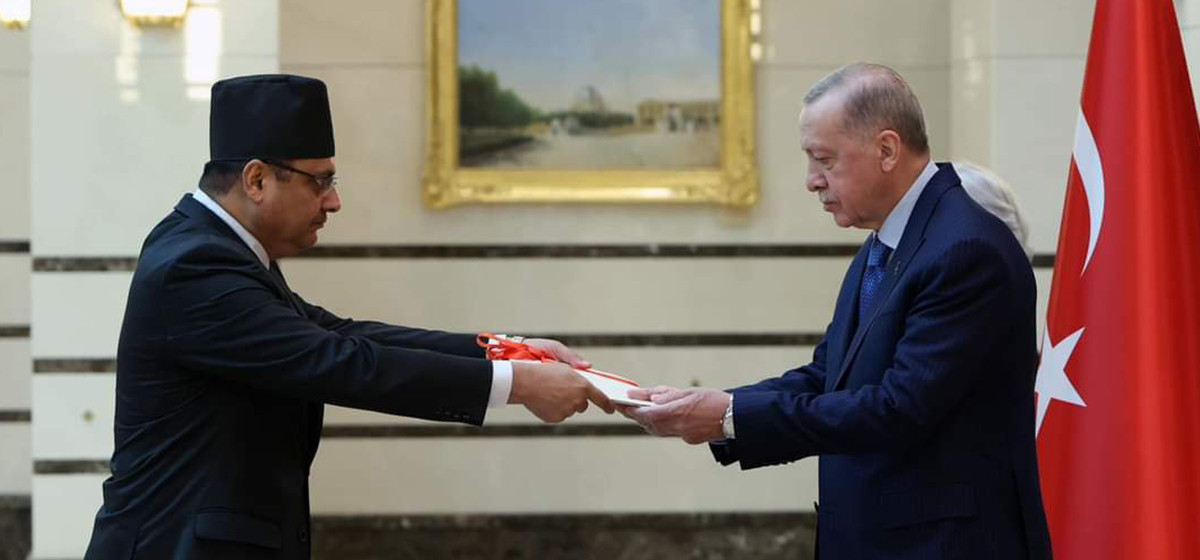
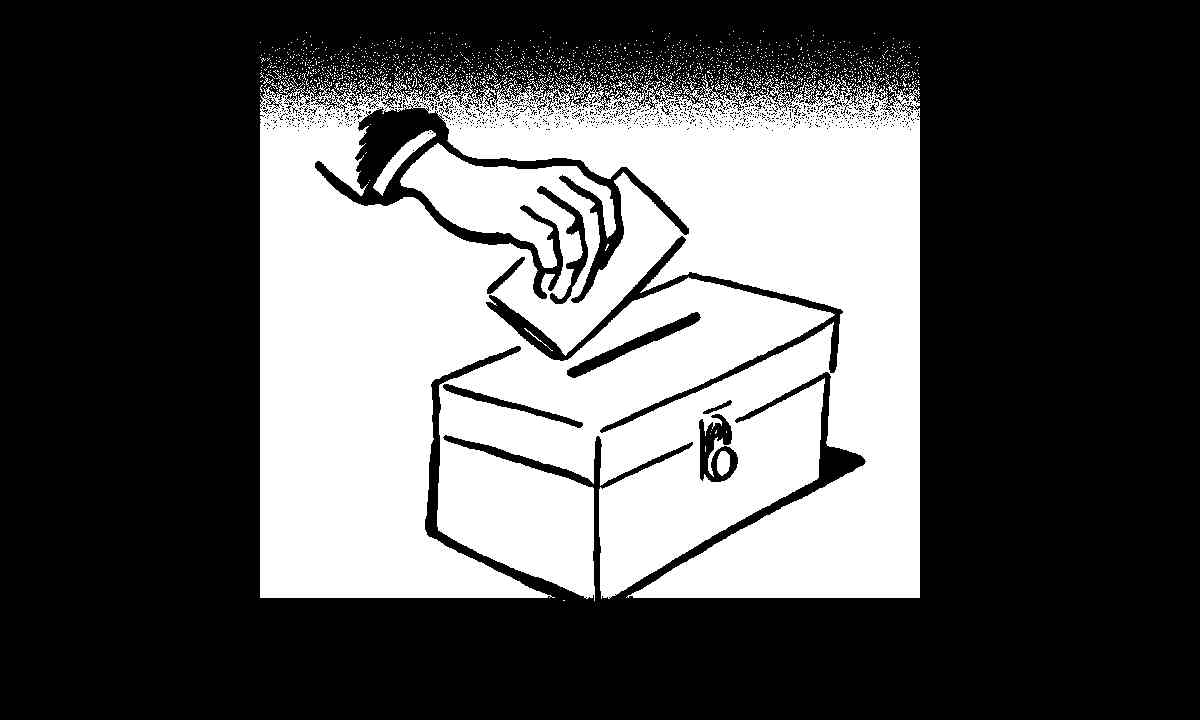
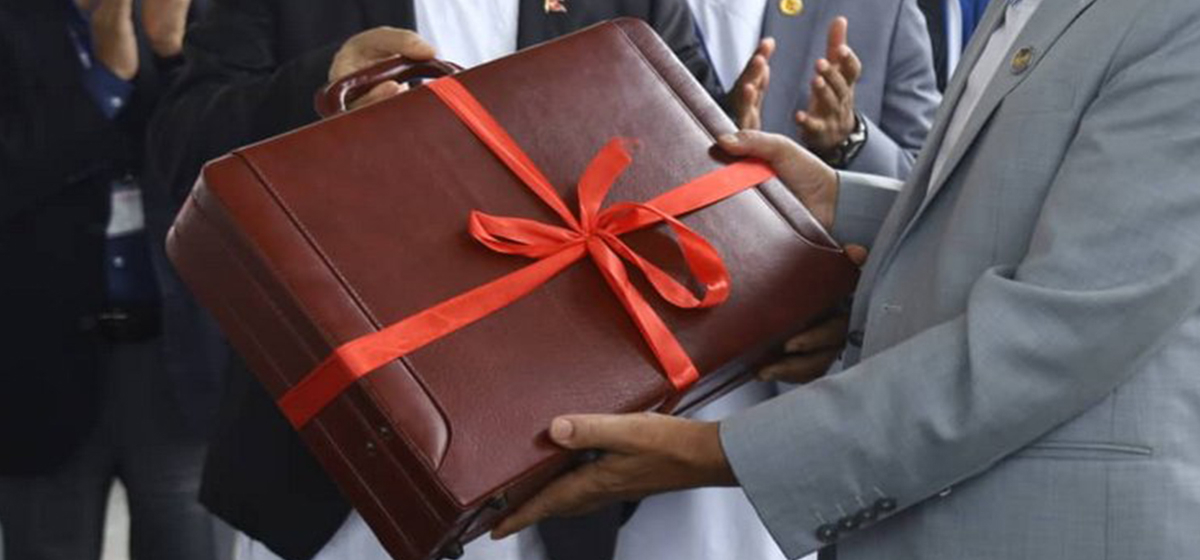
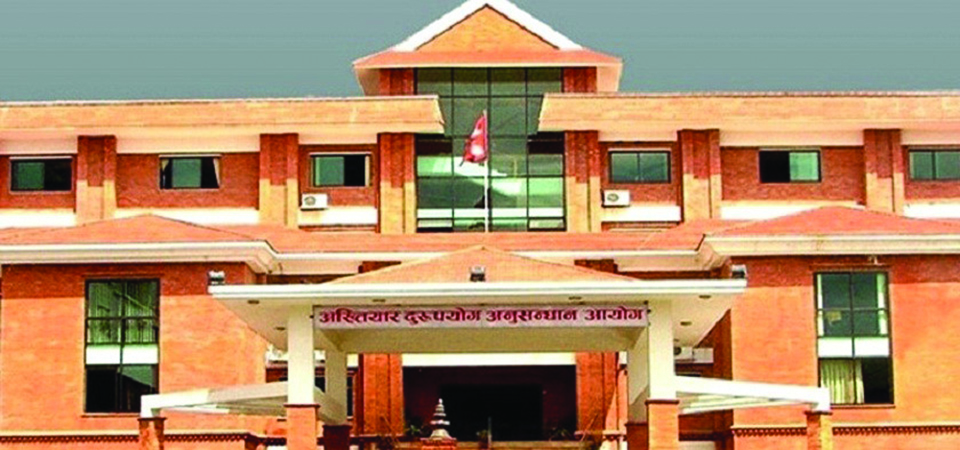
Leave A Comment